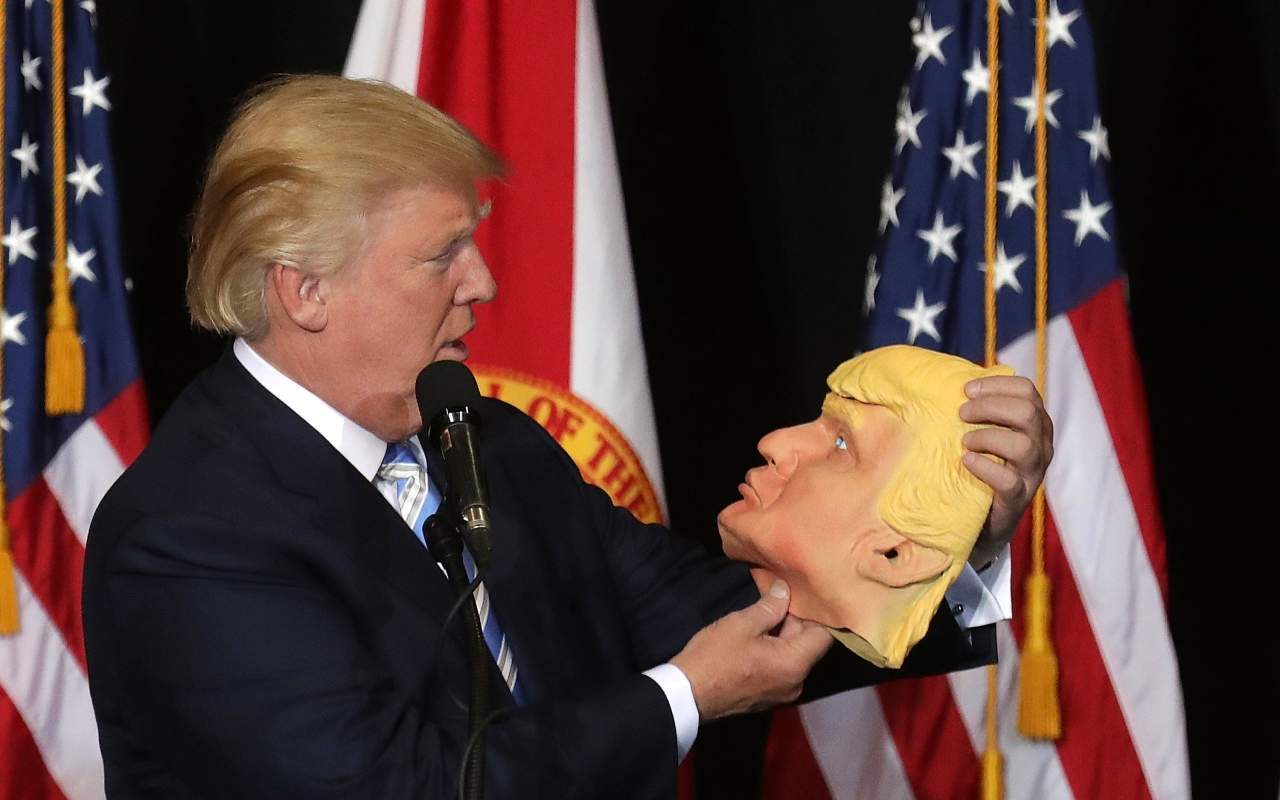
The incoming President, Donald Trump, told the Brexiteer Michael Gove he would come up with a UK-US trade deal that was “good for both sides”.
The man who styled himself “Mr Brexit” praised the vote in an interview for The Times.
His belief that Britain is “doing great” is in marked contrast to the warning of current President, Barack Obama, that Brexit would put the country “at the back of the queue” for trade deals.
But while Brexiteers may be chuffed to have a friend in the White House, the markets think somewhat differently.
Over the past few days, reports emerged that the Prime Minister, Theresa May, is to outline plans for a “hard Brexit” with no guaranteed access to the single market in a speech on Tuesday.
The pound slipped to its lowest level against the dollar in three months, below $1.20, before creeping up slightly on Monday.
Nigel Green, founder and chief executive of the financial planners deVere Group, said on Friday: “A hard Brexit can be expected to significantly change the financial landscape. As such, people should start preparing for the shifting environment sooner rather than later.”
It’s hard to know the exact economic impact of Brexit, because Brexit – officially leaving the EU – hasn’t happened yet. Brexiteers like Gove have attacked “experts” who they claim are simply talking down the economy. It is true that because of the slump in sterling, Britain’s most international companies in the FTSE 100 are thriving.
But the more that the government is forced to explain what it is hoping for, the better sense traders have of whether it will involve staying in the single market. And it seems that whatever the President-Elect says, they’re not buying it.





